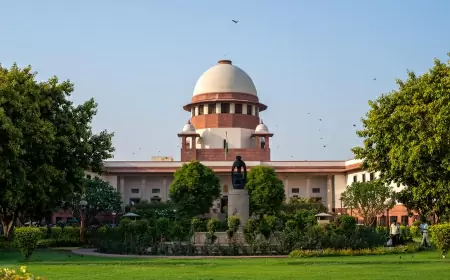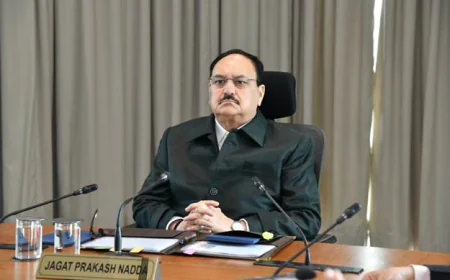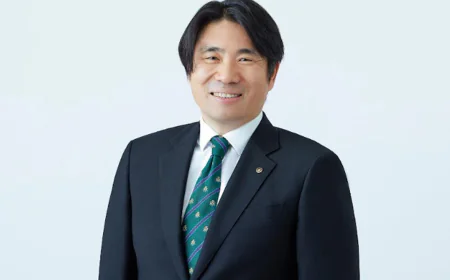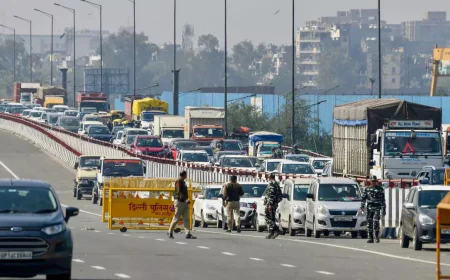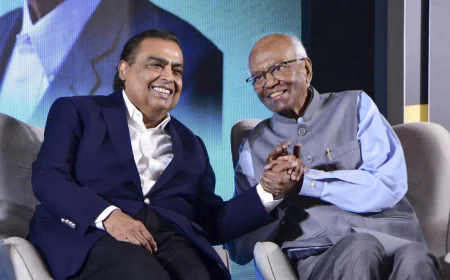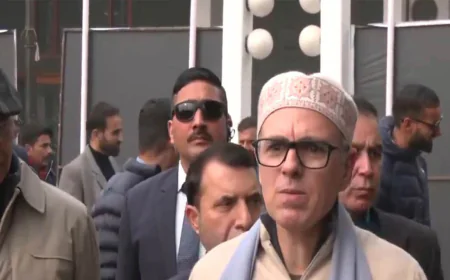Last judge of the bench, Chief Justice DY Chandrachud delivered the verdict on Ayodhya, will retire next week
DY Chandrachud Retirement: Supreme Court Chief Justice DY Chandrachud will retire on November 10. DY Chandrachud is the last judge of the five-member bench of the Supreme Court that delivered the verdict in the Ayodhya Ram Janmabhoomi case. Apart from Justice Chandrachud, the other four judges in the bench have already retired. Coincidentally, the Ayodhya verdict will complete five years on November 9.
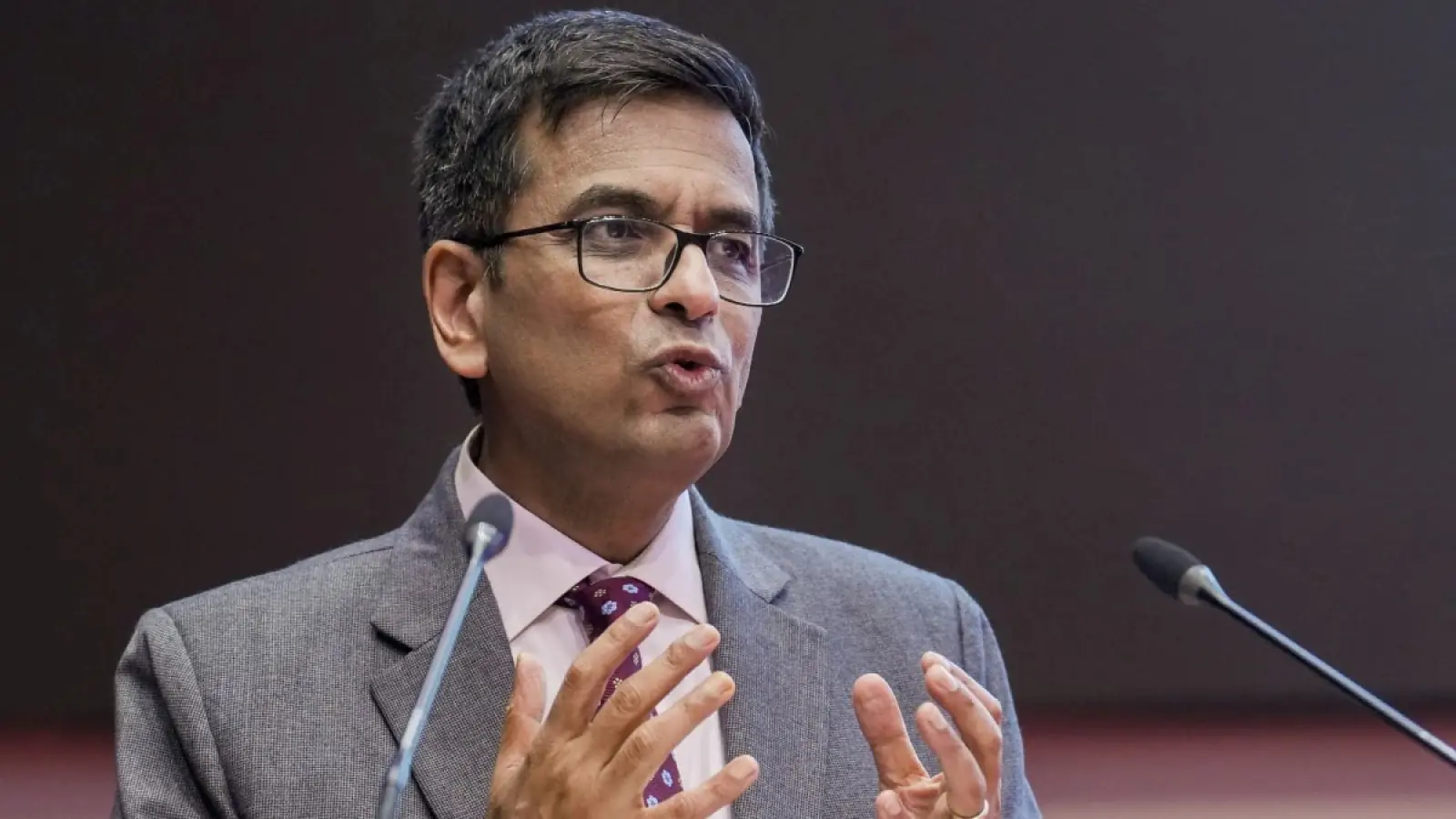
DY Chandrachud, the last judge of the five-member bench of the Supreme Court which delivered the verdict in the Ayodhya Ram Janmabhoomi case will bid adieu to the Supreme Court next week. Chief Justice of India DY Chandrachud will retire on November 10 and that is a coincidence when the Ayodhya verdict will complete five years on November 9.
Justice Chandrachud had gone to Ayodhya last July and had darshan of Ram Lalla. Probably he is the first CJI who has gone to Ayodhya also to visit Ram Lalla. A five-judge Constitution Bench of the Supreme Court of India delivered its judgment in the Ayodhya Ram Janmabhoomi case on November 9, 2019. The members of the bench that delivered the judgment included former Chief Justice Ranjan Gogoi, Justice Gogoi was the chief justice when the judgment was pronounced, he headed the bench, former Chief Justice SA Bobde, current Chief Justice DY Chandrachud, Justice Ashok Bhushan and Justice S Abdul Nazeer.
Apart from Justice Chandrachud, another four judges of this bench have already attained superannuation. Justice Chandrachud had gone to Ayodhya last July and worshipped Ram Lalla. During the Dussehra holidays of the Supreme Court in October this month, Justice Chandrachud had said that he had prayed from God for the resolution of the Ayodhya dispute after going to his ancestral village. His statement had become quite popular.
Want to get your story featured as above? click here!
Want to get your story featured as above? click here!
In its judgment on 9th November 2019, the Supreme Court declared the disputed land to be 'Ram Janmabhoomi' and paved a way for the construction of Ram temple at that place. At the same time, it ordered five acres of land to be allotted to Muslims in some other place to build a mosque. It was a historical decision that put an end to a five-hundred-year-old dispute.
